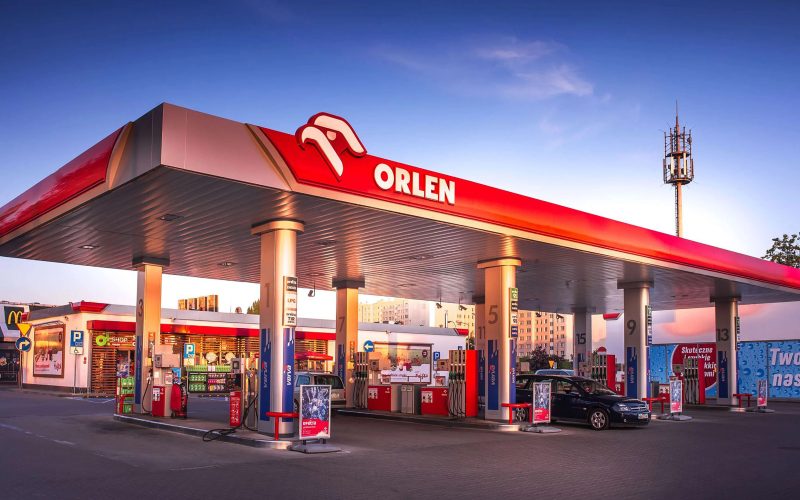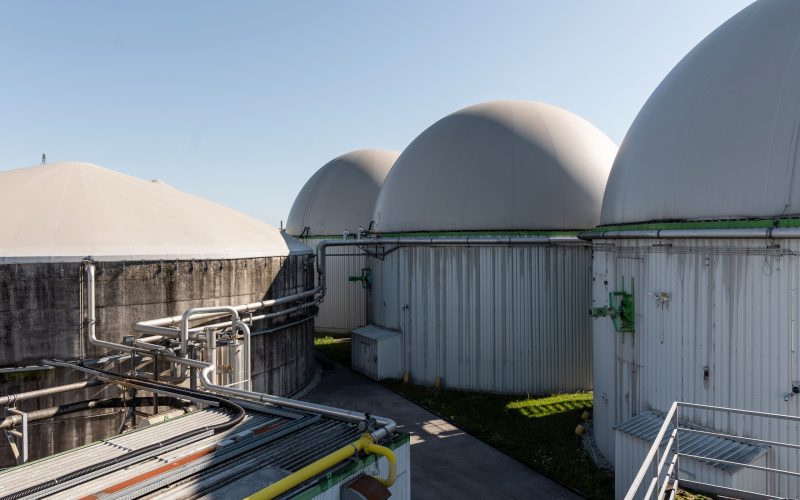Bioenergy Europe: RES penetration and increase of energy efficiency in the heating and cooling (H&C) sector — task №1
If correctly addressed, bioenergy offers the EU a reliable vehicle to achieve carbon neutrality by 2050. Readily available, affordable, and efficient solutions such as bioheat must be at the core of this transition. This is stated in the current report of the Bioenergy Europe.

The heating and cooling (H&C) sector has been neglected for a long time. Inefficient and old heating systems, alongside a high dependency on fossil fuels, have made it one of the most difficult sectors to decarbonise.
However, under the European Green Deal heating has become one of the top priorities in the fight against climate change.
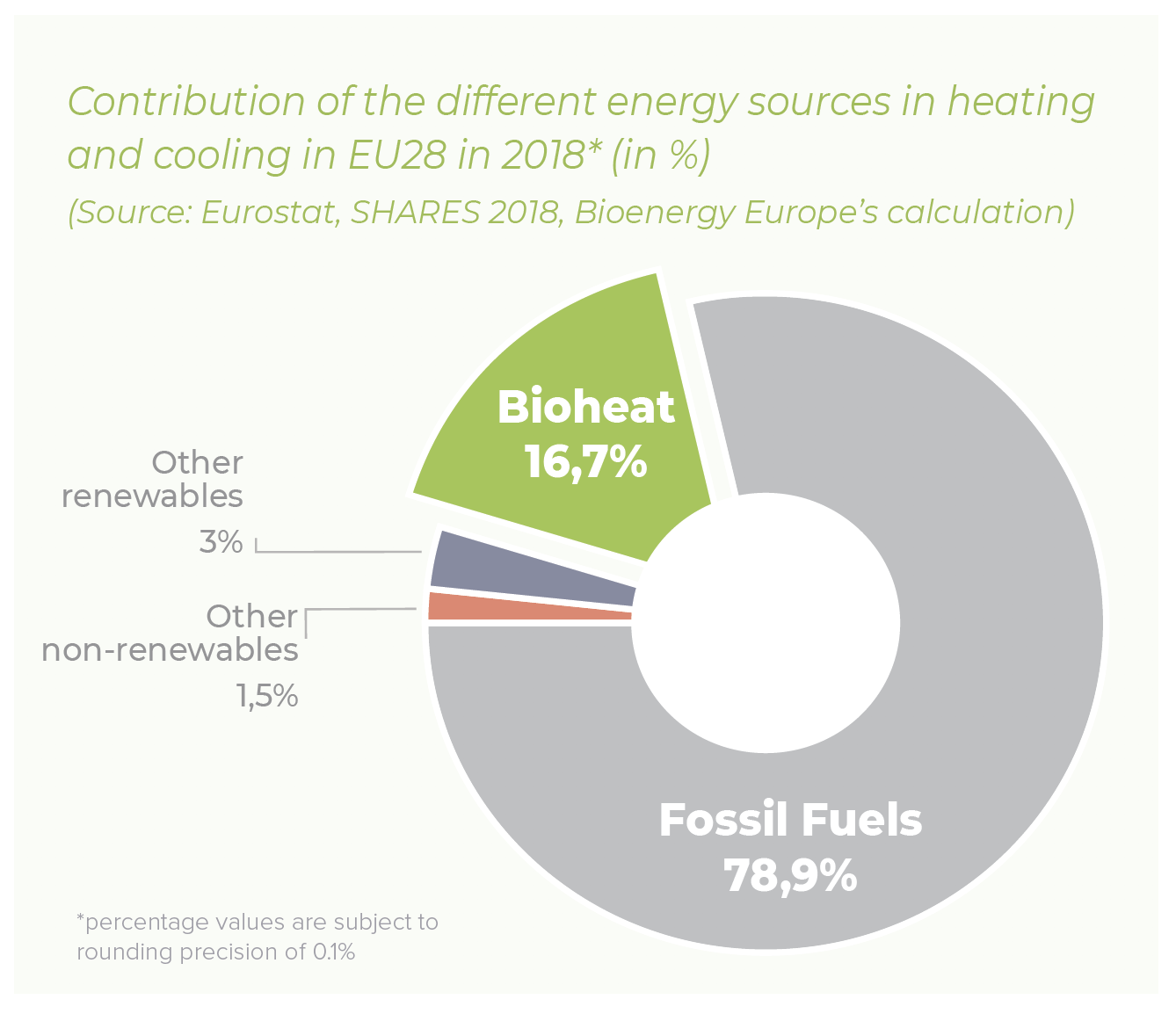
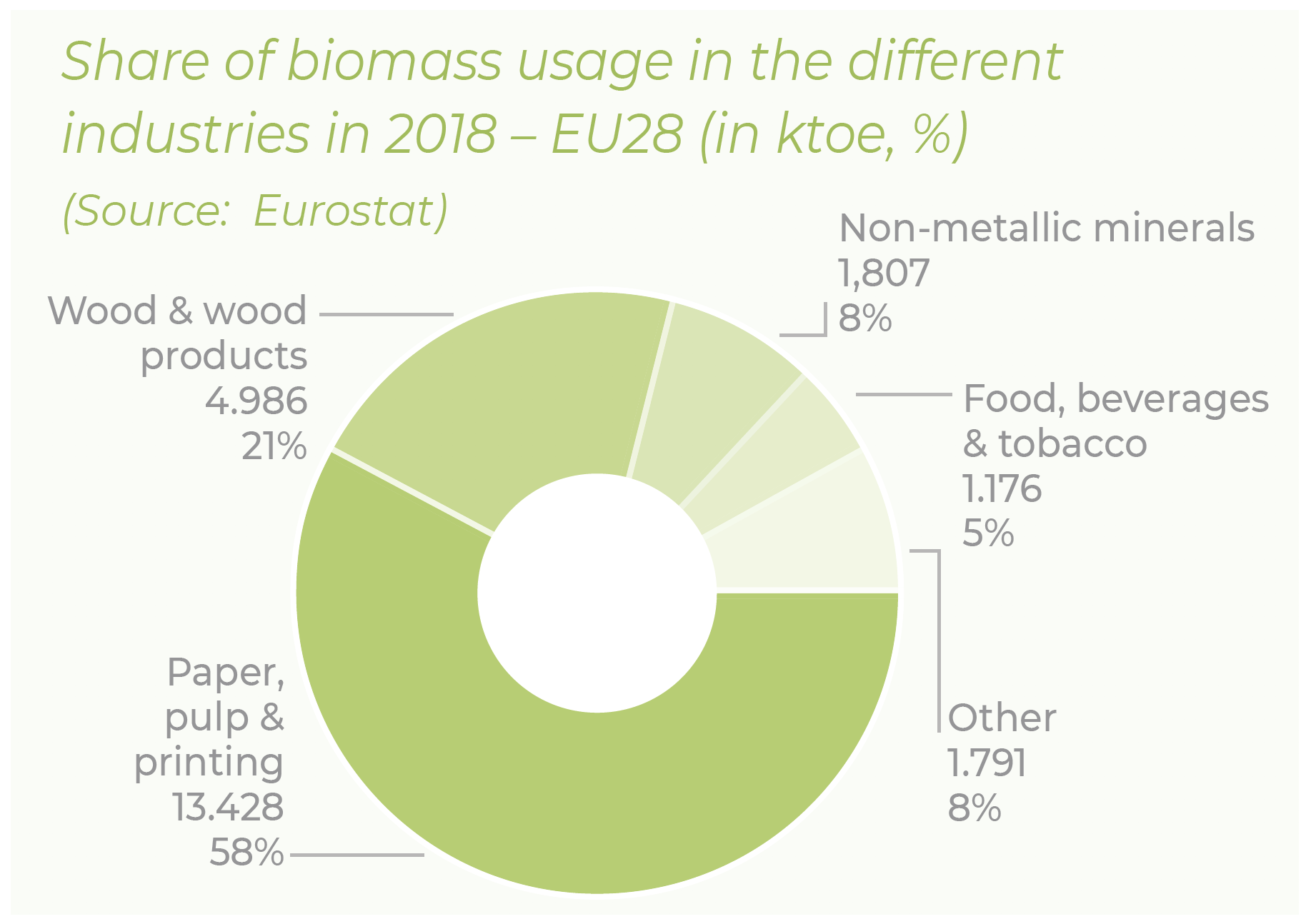
Bioenergy Europe RECOMMENDATIONS
- Decarbonisation of the H&C sector should be a priority for EU! Bioheat represents a mature and effective solution for decarbonising the buildings and industrial sectors. A possible review of the Renewable Energy Directive should include higher ambitions for the heating and cooling sectors by 2030.
- Fossil fuel subsidies should finally become history. Member States should be supported in phasing out fossil fuels for heating (i.e. by a holistic carbon price covering also for non-ETS sectors).
- Biomass district heating should be promoted, as well as a fuel switch in existing district heating. Biomass district heating provide one of the best examples of sector integration.
- The Renovation Wave should support and promote the replacement and modernisation of old and inefficient residential installations with modern, high-quality biomass appliances. Not only does the switch increase energy efficiency, but it also improves air quality.
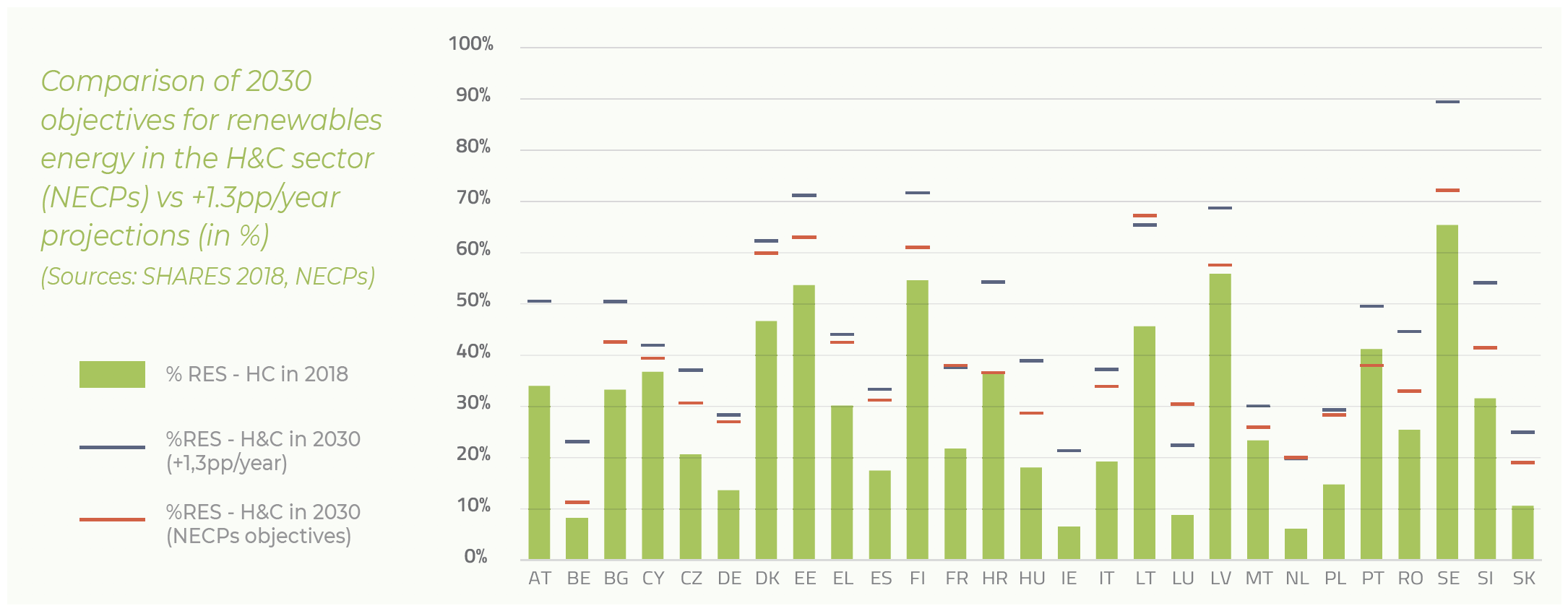
Source: Bioenergy Europe Statistical Report 2020: https://bit.ly/2SwFhFR.

